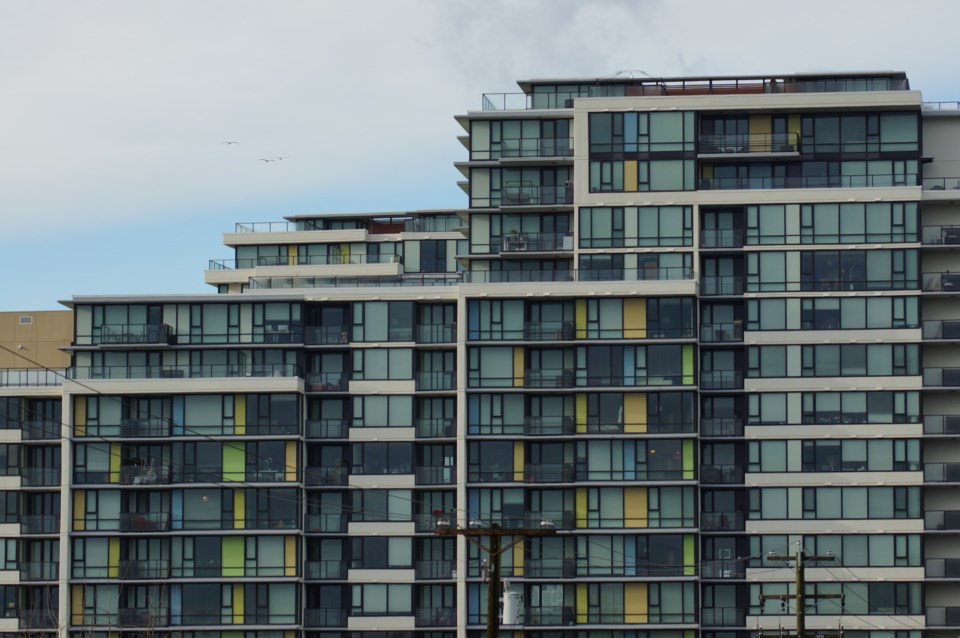In Richmond, and cities all over the Lower Mainland, housing prices have been increasing significantly faster than the rest of Canada — apart from Toronto.
The current average price of a detached home is more than $1.8 million in Vancouver.
Foreign speculation on housing in the Lower Mainland has been deemed one of the major reasons for the skyrocketing prices. In an attempt to cool the market and make housing more affordable, in the summer of 2016, the provincial government implemented a 15 per cent property tax to apply to foreign buyers only.
It was a move well supported by B.C. residents; however, we believe that, while the tax may have slowed activity in the housing market, it doesn’t address the real culprit behind housing affordability, which is a lack of supply.
Foreign investors only make up about 10 per cent of purchases in the greater Vancouver area — although that number is higher in Richmond, around 24 per cent.
A larger factor for high housing costs is immigration, but this tax doesn’t apply to immigrants — and nor should it.
Immigrants, or permanent residents, have gone through the necessary process of achieving residency status in Canada and are therefore exempt from the tax.
Charging them would be unconstitutional. However, the large influx of people to the Lower Mainland has contributed significantly to the increased demand for homes.
The problem is not the demand, but the fact we have been unable to meet that demand with an adequate growth in supply.
Restriction, permits and zoning regulations in Richmond and Vancouver slow down the development of new homes.
For a development company to break ground on a condominium construction in Richmond, it costs about $30,000; it’s even more ($40,000) in Vancouver.
These hindrances have resulted in a vacancy rate of 0.6 per cent in Vancouver specifically, a city where the majority of residents are renters.
Housing experts believe that a three to five per cent vacancy rate is healthy, shedding light on the dire situation facing Vancouverites as we sit precariously on our housing bubble.
The provincial government has stated that it wants to use the tax revenue to “fund affordable housing,” but it hasn’t outlined specifically what that means.
We believe the government should put the estimated $2.7 million they’ve earned in revenue in the first month of the tax, and the consequent money from here on out, into an action plan that reduces clerical backlog, eases access to permits and lessens stringent zoning regulations.
Auckland, New Zealand, has a similar housing market to ours, where there is a very high demand but not enough supply.
To deal with the issue, Auckland Council has established regional housing authorities — publically-funded entities that work with both the central government of New Zealand, as well as the private sector.
Their job is to identify and amalgamate land for development, while helping streamline the bureaucratic process. Since these housing authorities have implemented their affordable housing plan, Auckland has seen a 186 per cent increase of approved developments over five years, as well as a 36 per cent increase in construction work in the past year.
Using the revenue from our 15 per cent foreign property tax, our provincial government could implement an affordable housing plan, similar to the one seen in Auckland.
Regional housing authorities in B.C. could identify land for development and ensure it is being used in an efficient manner to best serve rapidly growing urban areas such as Richmond.
Increasing supply would decrease housing prices and benefit the wallets of everyday Vancouverites. It would also create jobs and help foster a healthier, more balanced economy.
Sagi Gutbir, Fraser Kirkland, Jordan Lau and Felipe Prado are recent McMath secondary graduates and current UBC business students.



